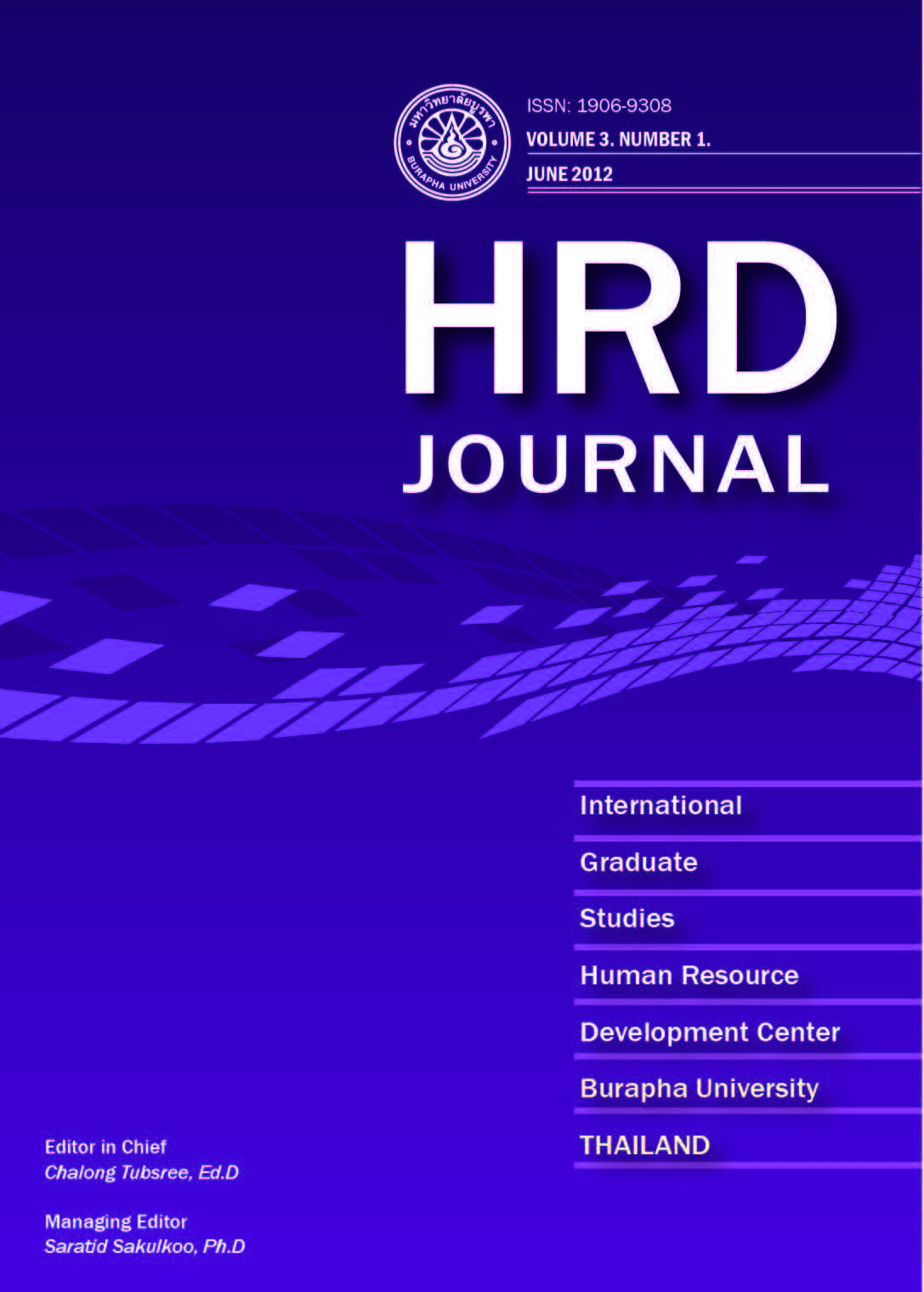Perceived Happiness in the Context of Buddha Dharma among Undergraduate Students: A Qualitative Investigation
Keywords:
Happiness, students, qualitative studyAbstract
Although happiness is a common state of mind, perceptions of happiness vary along social and cultural contexts, especially in the societies influenced by Buddhism, such as Thailand. Until recently, a limited number of empirical studies on individual perception of happiness have been conducted in Thailand. Therefore, this study aimed to explore the conceptual framework of happiness among undergraduate students within the Thai social and cultural context. A qualitative investigation was conducted. Data were collected from 26 undergraduate students from public universities and Rajabhat universities from both metropolitan and suburban areas in Bangkok; an in-depth thematic analysis was used for the interviews. The results revealed five main themes of perceived happiness: (1) life satisfaction, (2) interdependence, (3) faith in the life of integrity, (4) peaceful mind, and (5) wisdom and understanding of the truth of life. Participants also indicated that they derived happiness from responding to meritorious desires—called “virtuous happiness”—by leading a benevolent life, benefiting both themselves and others, as well as having a peaceful mind, wisdom, and understanding of the true nature of life. This happiness leads them to experience life satisfaction and internal well-being. Findings were congruent with Buddhist concepts that teach people to consider the causes of suffering and happiness within themselves through the development of Sīla (precepts), Samādhi (concentration), and Pañña (wisdom). This conceptual framework of happiness serves as a guideline for the development of a happiness assessment inventory, based on Buddhist Dhamma, which would be beneficial for the assessment and feedback provision within the context of therapeutic counseling for personal growth and development.
Key words : Happiness, students, qualitative study
Downloads
How to Cite
Issue
Section
License
Copyright@HRD Journal, Burapha University






